The Kimwolf botnet compromised more than 2 million Android devices, turning them into residential proxies for DDoS attacks and traffic abuse.


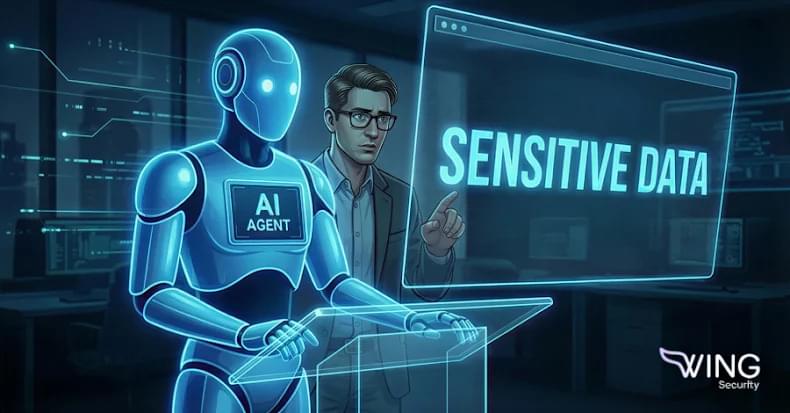
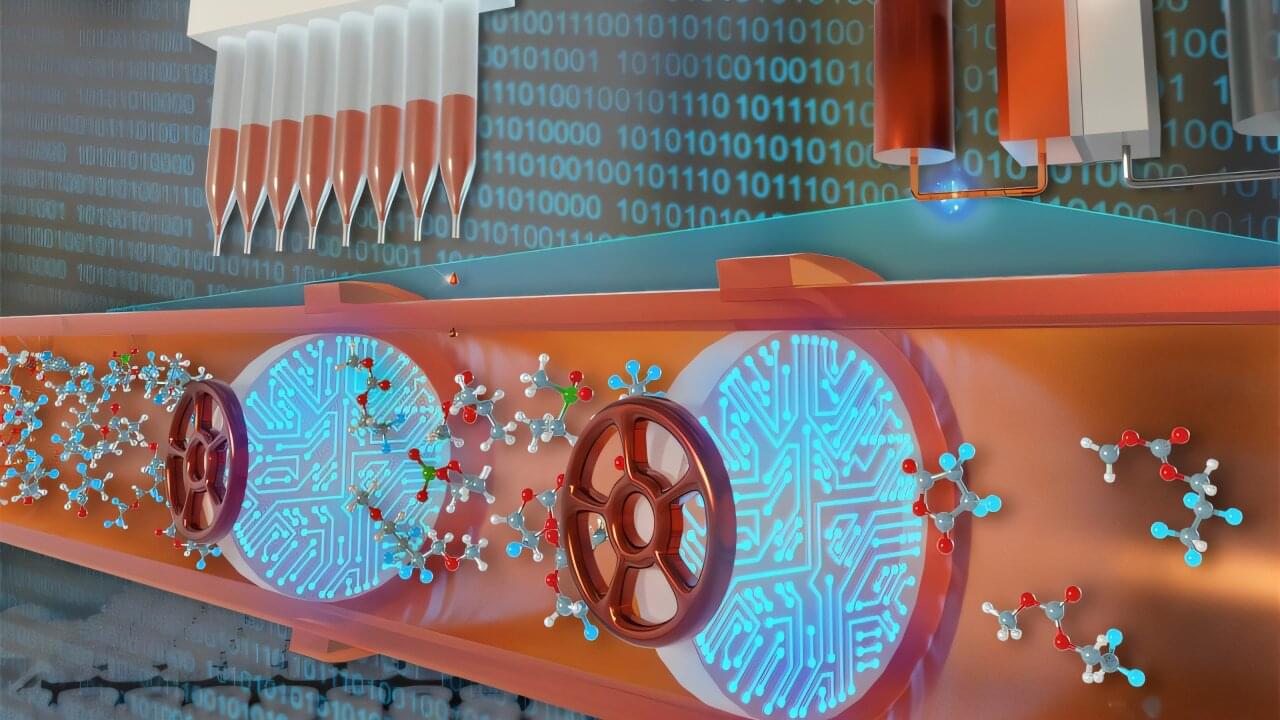
In numerous scientific fields, high-throughput experimentation methods combined with artificial intelligence (AI) show great promise to accelerate innovation and scientific discovery.
Case in point: In just five months, researchers at the U.S. Department of Energy’s (DOE) Argonne National Laboratory used robotics, automation and AI to conduct more than 6,000 experiments on chemicals in a type of rechargeable energy storage called organic redox flow batteries (RFBs). Such a monumental effort would have taken five to eight years with traditional experimentation.
Organic RFBs use carbon-based—that is, organic—molecules instead of traditional metal ions. Through their work, the researchers made a crucial finding about these batteries: A fundamental barrier at the molecular level limits their stability. The insight is expected to inspire exciting new directions in battery chemical research.
With rapid advancements in AI and automation, individuals must prepare for a potentially unstable future by building financial strength, adapting to change, and rethinking traditional economic policies to avoid societal collapse ## ## Questions to inspire discussion.
Financial Preparation.
💰 Q: How should I structure my finances to build wealth? A: Focus on the fundamental equation: earn minus spend equals save, then invest that saved amount wisely to determine your financial success, as this simple formula is the foundation of building financial strength.
🏃 Q: When should I consider relocating geographically? A: Evaluate your location during major financial shifts and changing world orders, as the ability to move to better places and away from bad places has been historically important for protecting wealth and opportunity.
Career Strategy.
🎯 Q: How do I choose a career that maximizes financial success? A: Select careers that align with your passions while understanding their financial implications, since the work you do will directly impact your financial success during economic transitions.
Regulatory hurdles, rather than engineering challenges, are the main obstacles hindering the progress and success of Elon Musk’s companies, including SpaceX and Tesla.
## Questions to inspire discussion.
SpaceX Strategic Direction.
🚀 Q: Will SpaceX IPO due to defense contractor requirements? A: SpaceX’s expanding role as a defense contractor through projects like Star Shield increases IPO likelihood, as military requirements typically favor public companies for transparency and accountability according to Palmer Luckey.
🛰️ Q: How is SpaceX enabling freedom of information in restricted regions? A: Starlink has provided unfiltered internet access to Iranians since 2022 in coordination with the US government, successfully resisting signal jamming attempts and enabling freedom of information during protests.
💰 Q: What investment level is the space economy attracting in 2025? A: The space economy attracted $2.2 trillion in private investment in 2025, driven by SpaceX’s success, but viability of speculative models like space hotels and mining depends entirely on Starship’s cost and reliability.
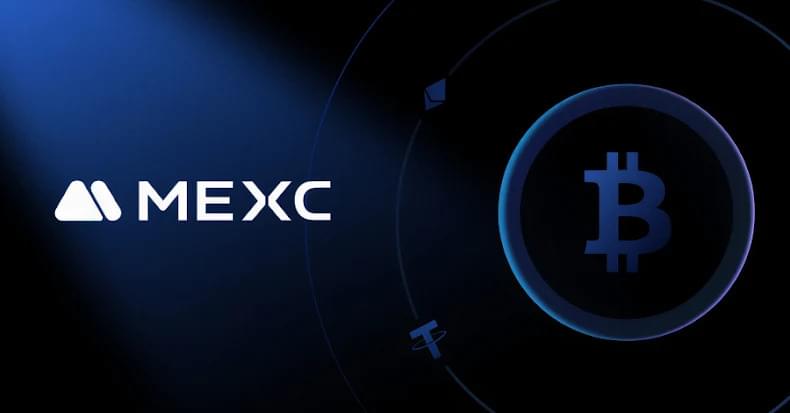
Cybersecurity researchers have disclosed details of a malicious Google Chrome extension that’s capable of stealing API keys associated with MEXC, a centralized cryptocurrency exchange (CEX) available in over 170 countries, while masquerading as a tool to automate trading on the platform.
The extension, named MEXC API Automator (ID: pppdfgkfdemgfknfnhpkibbkabhghhfh), has 29 downloads and is still available on the Chrome Web Store as of writing. It was first published on September 1, 2025, by a developer named “jorjortan142.”
“The extension programmatically creates new MEXC API keys, enables withdrawal permissions, hides that permission in the user interface (UI), and exfiltrates the resulting API key and secret to a hardcoded Telegram bot controlled by the threat actor,” Socket security researcher Kirill Boychenko said in an analysis.
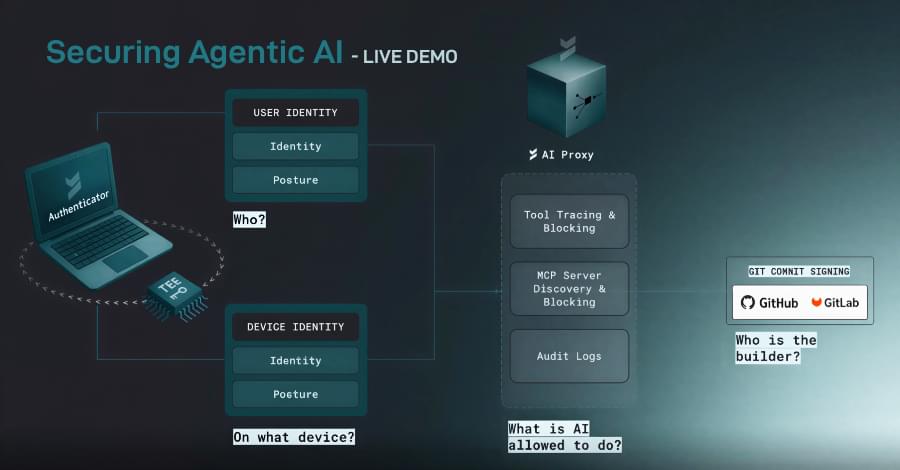
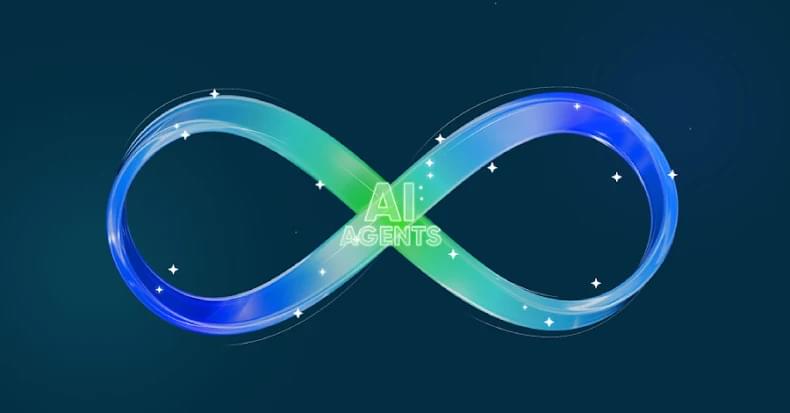
Questions to inspire discussion.
🤖 Q: How will the US military become an AI-first warfighting force?
A: The Department of War will implement continuous experimentation, conduct quarterly force-on-force combat labs, and deploy AI coordinated swarms across all domains from Pentagon back offices to tactical front lines, building on the military AI lead established during President Trump’s first term.
🎯 Q: What defines responsible AI for military applications?
A: The Department of War defines responsible AI as objectively truthful and mission-relevant capabilities employed securely within laws governing military activities, focusing on factually accurate models without ideological constraints limiting lawful military applications.
Talent Acquisition and Workforce.